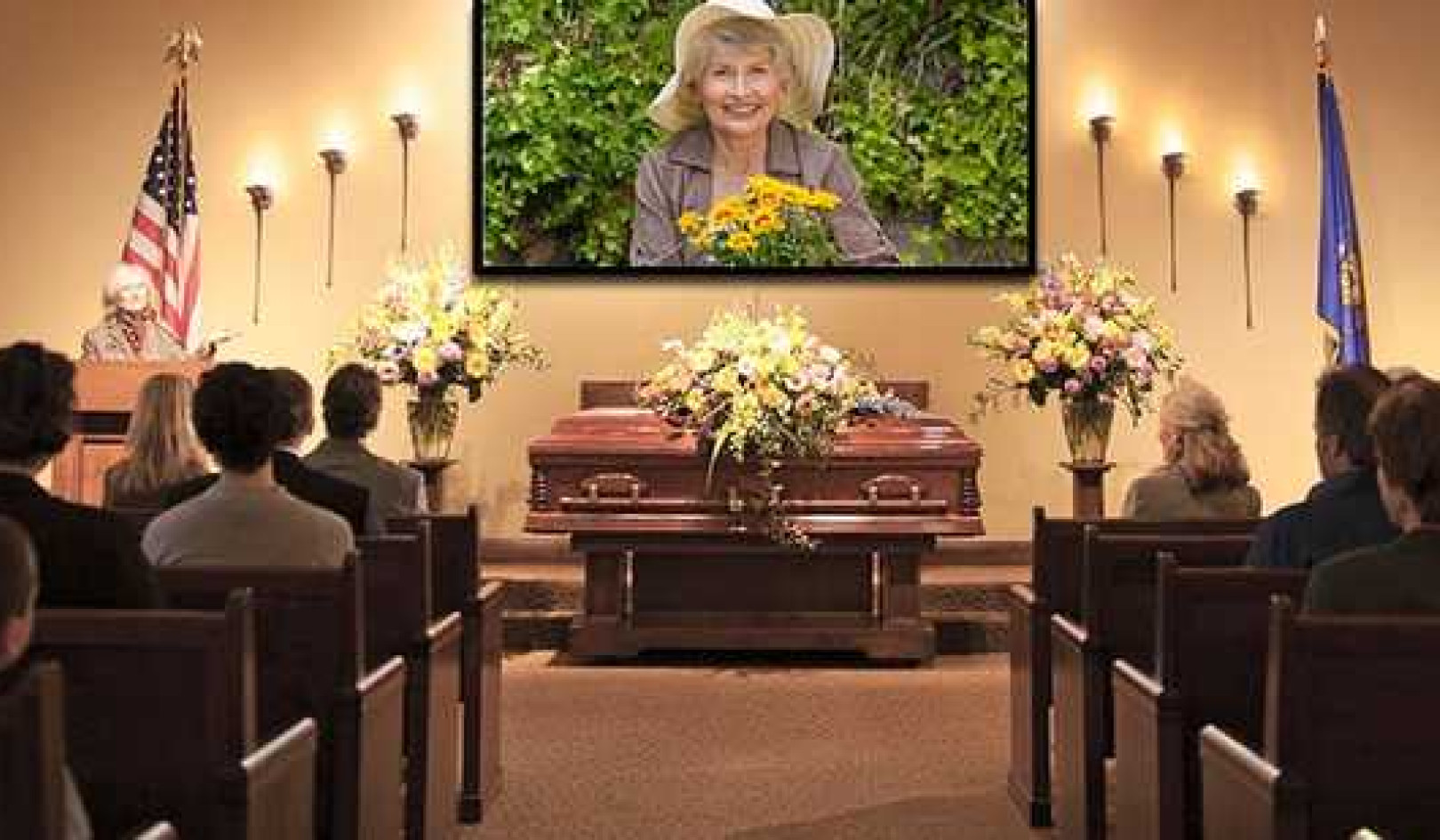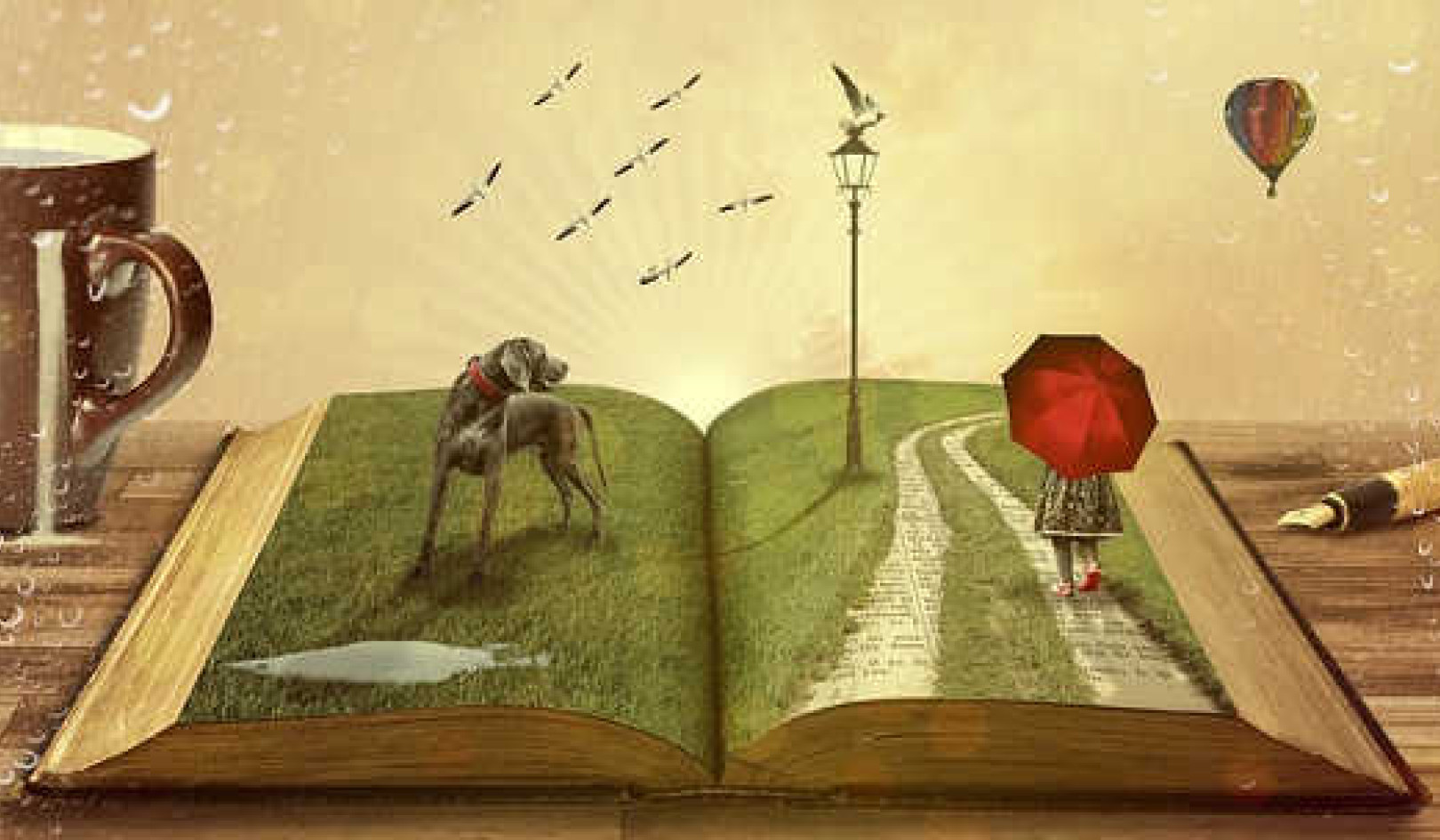
Everyone loves a good story, but can a good story lead to love?
Storytelling is a fundamental form of communication, and research has demonstrated the power of narratives to change minds and influence behavior.
For example, personal narratives are often used in advertising and health campaigns, and have led to an increase in cancer screenings. Even novels have led to societal change; Upton Sinclair’s fictional “The Jungle” prompted reforms in the meat-packing industry.
But as psychologists and experts in narrative persuasion, we wondered: how might stories influence the course of a romantic relationship?
We conducted three studies to determine whether storytelling ability was advantageous in attracting short-term or long-term romantic partners.
We found that being able to tell a good tale does matter – especially for one gender.
Commanding a crowd
In the first of our three studies, undergraduates were asked to evaluate a potential romantic partner by looking at a picture of an individual of the opposite gender. They also received information about the individual’s storytelling ability, along with brief, neutral biographical information, such as the person’s hometown and the fact that he or she liked spaghetti.
There were four groups of participants in the study. Participants were either told that the individual in the picture was a good storyteller, moderate storyteller or poor storyteller. (Those in the control condition were given no information about storytelling ability.)
For example, in the “good storytelling” condition, participants read that the person “often tells really good stories at parties, partly due to an interesting variety of word choice.”
After reading these descriptions, participants rated the person’s physical attractiveness, as well as how attractive the person seemed for a date, a long-term relationship and as a friend.
Somewhat surprisingly, results from the first study showed storytelling skill does not result in across-the-board increases in attraction.
Instead, we found that men who are effective storytellers appear to have an advantage in attracting long-term mates. In contrast, a woman who was described as telling good stories was not better liked by men, and the man who told good stories was not better-liked for a short-term relationship.
In the second study, participants were provided with an actual story allegedly told by the potential mate. Half the participants read an effectively told story, and the other half received an ineffectively told story. We used a one-page humorous account of a father playing a game on a seesaw with his two sons, written in an informal, conversational style. Compared to the good story, the poor story used unimaginative vocabulary, used irrelevant details and added filler questions, such as “Oh wait, is that the way it happened? Yeah, I think so.”
The same pattern of results emerged: women rated good male storytellers as more attractive than poor storytellers as a long-term partner, and whether the story told by the female storyteller was good or poor didn’t matter to men.
We wanted to better understand why the gender difference existed, so we conducted a third study that was similar to the first study, but also included questions related to social status.
Items included: “To what extent do you think this person would…be popular, be admired, be a good leader, and be an inspiration for others to excel?”
Again, when it came to a potential long-term dating partner, women found good storytellers more attractive than poor storytellers. Storytelling ability had no effect on male participants. Importantly, women perceived men who were good storytellers as higher status: more likely to be a leader or be admired.
Evolutionary explanations
The gender differences in these findings can be interpreted in light of evolutionary approaches to understanding mate selection.
Theories in this field have highlighted the different evolutionary concerns of men versus women for passing on their genes. When it comes to reproduction, the theory goes, men are more likely to “invest widely,” while women are likely to “invest wisely.”
Specifically, when it comes to having children, men can provide a more minimal parental investment (even just a single sexual encounter), whereas women’s investment includes months of pregnancy and potentially nursing an infant.
According to this belief, men may devote more effort to short-term mating or relationships than women, focusing on fertility cues like age and physical attractiveness. Meanwhile, women try to identify a mate who can provide resources to any offspring.
Given that women are likely to value a “good dad” or provider more in long-term relationships, our findings suggest that male storytelling ability may suggest resource-gaining prowess to women – especially if good storytellers can gain higher social status.
Researchers haven’t yet tested whether or not good storytellers are actually able to attain higher social status or leadership positions. At the very least – based on our third study – the perception seems to exist that someone who can command the crowd with a compelling story is more likely to garner higher status in the group.
Evolutionary theorists have also attempted to explain the function of storytelling in social groups, and how it might be tied to status.
For example, according to the “stories as explanatory tools hypothesis,” in ancient societies, those who were best able to explain (what were considered) supernatural phenomena might have risen to positions of power. Another theory argues that humans gained significant survival benefits through their ability to think flexibly, and that storytelling is a form of cognitive play that can train the mind in this way.
In the end, stories matter: not just for entertainment, not just for learning about the world, but for building relationships. The sizzle of mutual physical attraction might be all that is needed for a successful first date. But for long-term relationships, people often look for something more. And for some, an engrossing conversation that lasts for hours or a gripping story that brings someone’s past to life could lead to love.
About The Author
![]() Melanie Green, Associate Professor of Communication, University at Buffalo, The State University of New York. Her research examines the power of narrative to change beliefs, including the effects of fictional stories on real-world attitudes. Her theory of "transportation into a narrative world" focuses on immersion into a story as a mechanism of narrative influence.
Melanie Green, Associate Professor of Communication, University at Buffalo, The State University of New York. Her research examines the power of narrative to change beliefs, including the effects of fictional stories on real-world attitudes. Her theory of "transportation into a narrative world" focuses on immersion into a story as a mechanism of narrative influence.
John Donahue, Professor of Psychology, Columbus College of Art & Design. His primary research focus has been media psychology.
This article was originally published on The Conversation. Read the original article.
Related Books
at InnerSelf Market and Amazon

























